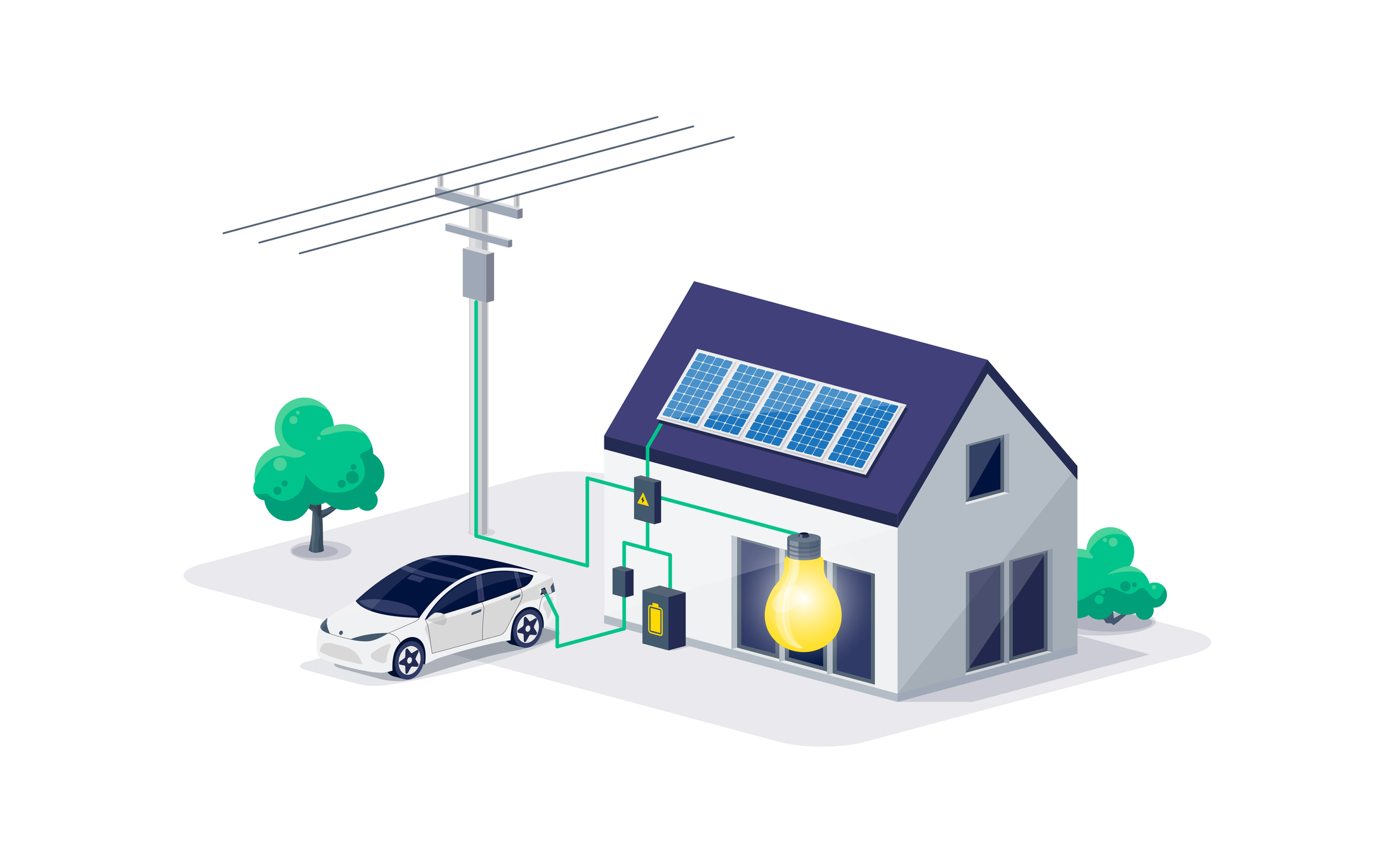Until very recently, the answer to this question was a resounding “YES”. However, legislation that was recently passed in Minnesota will change the way that some associations look at solar panels and solar energy. This change to Minnesota Statutes was intended to promote the use of solar energy as well as provide homeowners with the ability to install and use a solar energy system when doing so would not work to the detriment of the association or other homeowners. The solar energy industry has been working on this legislation for several years but was unable to get it past the finish line until this year when the Democrats took control of both houses. The CAI-MN Legislative Action Committee and its lobbyist worked with the stakeholders and legislators to narrow the application of the proposed legislation to ensure that it would not negatively impact associations that are responsible for maintaining and insuring roofs.
As enacted, the new law, which will be codified as Minnesota Statutes §500.216, will only apply to single-family, detached homes and certain multi-family properties where a single entity or owner owns the entire building and only if the owner is solely responsible for all maintenance, repair, replacement and insurance of the entire building. If the association maintains and/or insures any part of the dwelling, the statute will not apply, meaning that those associations are free to continue handling solar energy and architectural change requests in any manner they see fit in accordance with their governing documents. However, for those associations to which the law applies, they will no longer be able to prohibit or refuse to allow an owner to install, maintain or use a roof-mounted solar energy system on their home. Any provision in the association’s rules or governing documents to the contrary will no longer be enforceable.
What can associations regulate in regard to solar panels?
While associations governed under this new solar energy law will no longer be able to prevent owners from having solar panels on their roofs, they can still regulate the installation and appearance of the panels to a certain extent. Associations can require that the homeowner use a licensed contractor to install the solar energy system. They can also prevent a roof-mounted system from extending above the peak of the roof or beyond the edge of the roof. Associations can require the owner or installer to indemnify the association against damages caused by the installation, maintenance, use, repair or removal of the solar panels and to list the association on the owner’s insurance policy. Finally, the association can require the owner of the home to be responsible for removing the solar energy system if necessary for the association to perform any maintenance or replacement of common or limited common elements.
In addition to the above, the association can also impose other reasonable restrictions on installing, maintaining and using a solar energy system so long as said restrictions do not 1) decrease the system’s projected energy output by more than 10%; or 2) increase the cost of the system by more than 20% for a solar water heater or by more than $1000 for other solar energy systems. Associations are permitted to obtain alternative bids and designs for this purpose. Finally, an association can require that the solar energy system meet applicable standards and requirements imposed by the state and local government and be certified by the Solar Rating Certification Corporation or equivalent certification agency for safety and performance standards.
How should associations process requests to install a solar energy system?
Associations should process these requests in the same manner as they would any other architectural change request under their governing documents. Associations cannot intentionally avoid or delay acting on these requests. Notwithstanding anything else in the association’s governing documents, associations have no less than 60 days to approve or disapprove an application to install a solar energy system. The statute does require that applications for installation must be in writing and must contain a certification by the homeowner that they will meet any conditions required by the association as set forth above. The application must also include a copy of the owner’s application that they have submitted to the applicable utility company to connect their system to that utility. If, after receiving a submitted application, the association needs additional information, it must make a request for that additional information within 60 days of receiving the application. The association then has no less than 60 days from the date of receipt of the application to approve or disapprove the application. If additional information is required, the association will have additional time to process it after receiving the additional information based on how quickly after receiving the application the additional information was requested. If the association fails to deny the application in writing within that applicable timeframe, the application will be deemed approved, regardless of any language in the association’s governing documents to the contrary.
Unlike most statutes affecting real property that go into effect on August 1st of the year of enactment, this statute was effective the day after it was signed into law. Associations that are impacted by this new statute should review and amend their current architectural change request procedures for solar energy systems to make sure they are compliant with the law as well as ensure that they are processing and responding to such applications in a timely manner.


